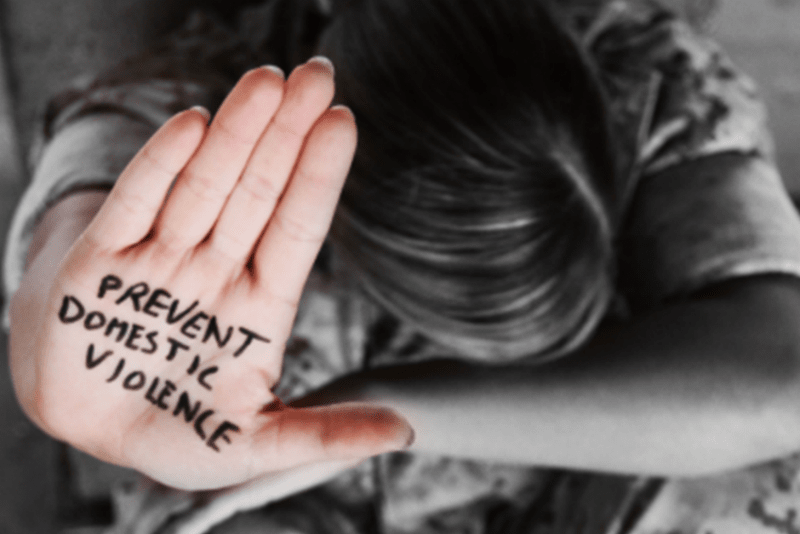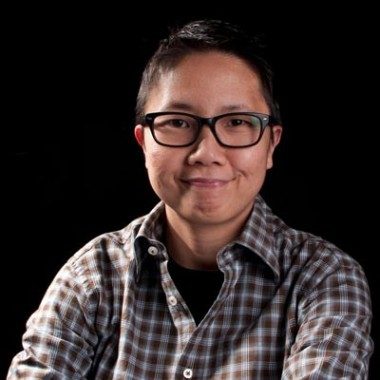
The “heterosexual face” of domestic violence can disguise the fact that domestic and family violence and intimate partner violence also occurs in LGBTQ relationships.
This can leave LGBTQ people struggling to find and access appropriate interventions, according to new research published today by Australia’s National Research Organisation for Women’s Safety (ANROWS).
The problem is affecting those seeking support after experiencing violence and abuse, as well as those who wish to change their violent and abusive behaviours.
The report, “Developing LGBTQ programs for perpetrators and victims/survivors of domestic and family violence”, explores how we might begin to improve the recognition and understanding of LGBTQ intimate partner violence (IPV) among both mainstream and domestic and family violence service providers, and within LGBTQ communities.
This collaborative research project between ACON and Relationships Australia New South Wales was designed as a pilot study to tailor and deliver existing perpetrator and victim/survivor group programs to LGBTQ people who use, or are affected by the use of, violence within their intimate relationships.
The research identifies unique tactics of abuse, used to threaten, undermine or isolate a victim/survivor. These include identity-based abuse that capitalises upon a victim’s /survivor’s fear of exposure (“outing”), or their experience of discrimination and internalised homophobia.
I grew up thinking I was probably crazy because I was queer. So I grew up thinking there was already something in me that’s broken. So it doesn’t take much for a partner to play on that and go, “Yeah, you are totally broken. And here’s the ten ways that you are broken.
LGBTQ community member, Focus Group participant
While it is not a direct cause of IPV, trauma caused by discrimination and the stigma attached to identifying as LGBTQ (known as minority stress) had an effect on LGBTQ community members’ experiences of IPV.
Some participants in the study struggled to apply the term ‘domestic violence’ to their experiences of abusive dynamics in their relationships, and did not see them as severe enough to warrant the label. Sometimes this was because they had previously experienced other forms of abuse, such as psychological or emotional abuse in their biological families, which they perceived as more insidious.
I think the community desperately needs a forum to talk about good relationships. And—and so that we can all be saying to each other, “We have massive amounts of stress. … We’re all triggerable most of the time. We’ve all got heightened awareness and anxiety.
LGBTQ community member, Focus Group participant
“This research highlights the need to support the LGBTQ community in developing readiness to recognise domestic and family violence and then seek support,” said ANROWS CEO, Dr Heather Nancarrow.
ACON CEO Nicolas Parkhill said, “While experiences of DFV in our communities can mirror those in the general population, there are some unique aspects experienced by LGBTQ people that require tailored interventions. It is vital we continue to deepen our understanding of DFV in LGBTQ relationships.”
This research will assist in informing service providers and support organisations in the development of appropriate responses and programs for LGBTQ people.”
The report also addresses service responses to LGBTQ people experiencing intimate partner violence/domestic and family violence, outlining improvements that could be made in police systems and criminal justice responses.


